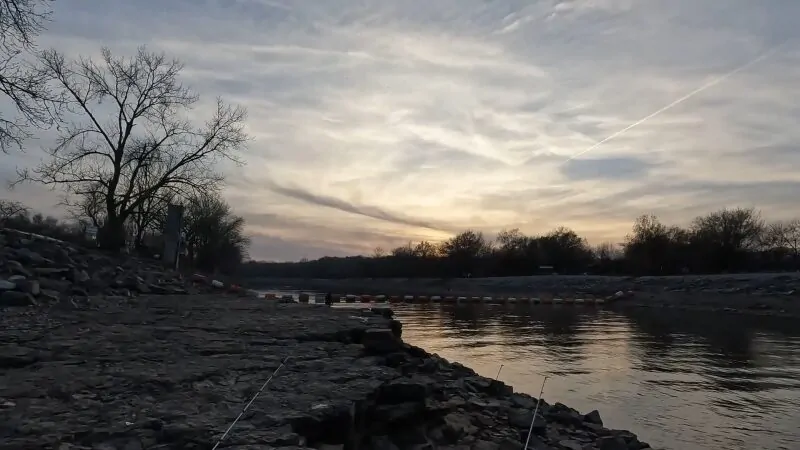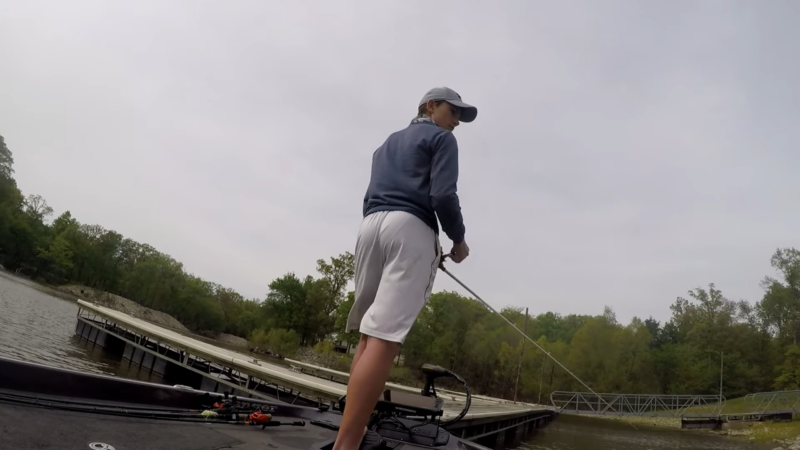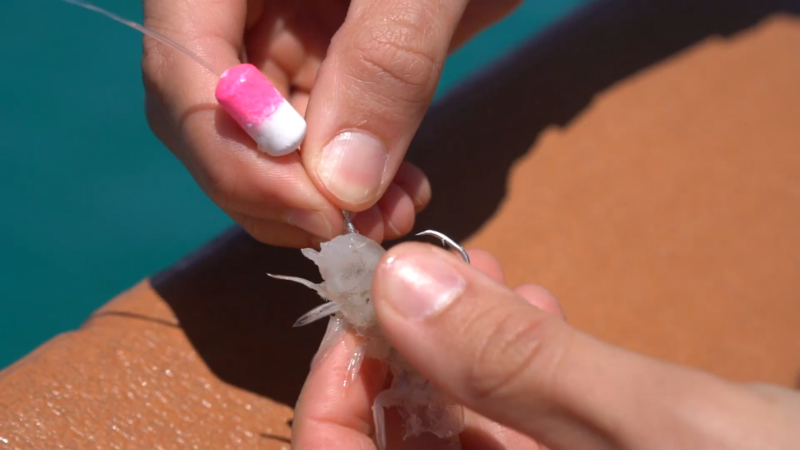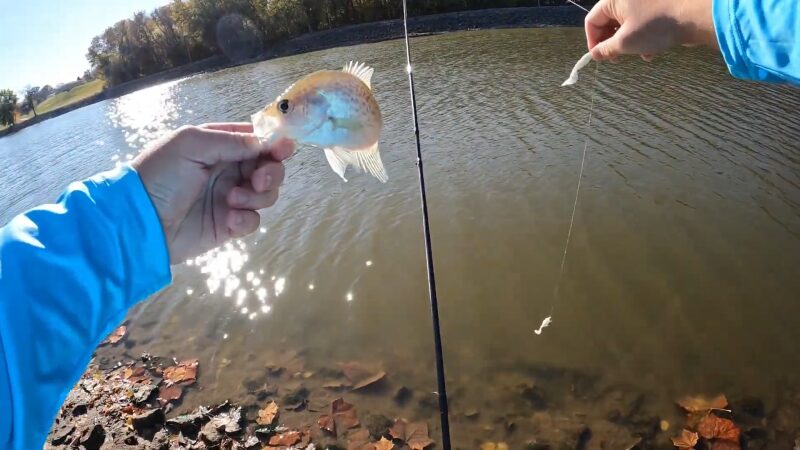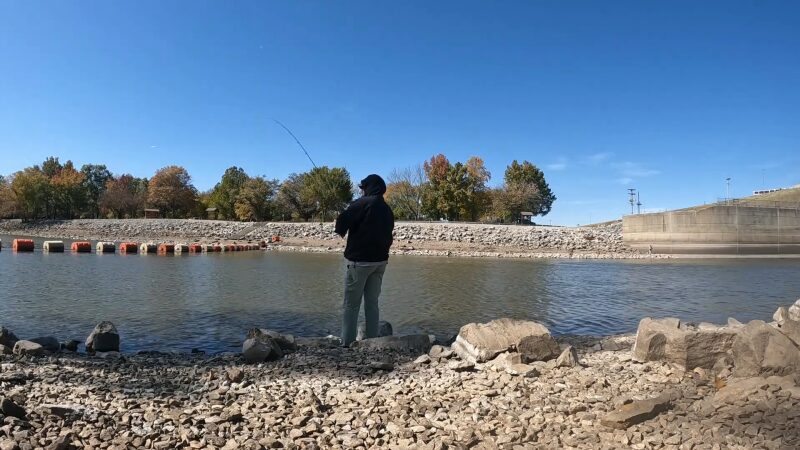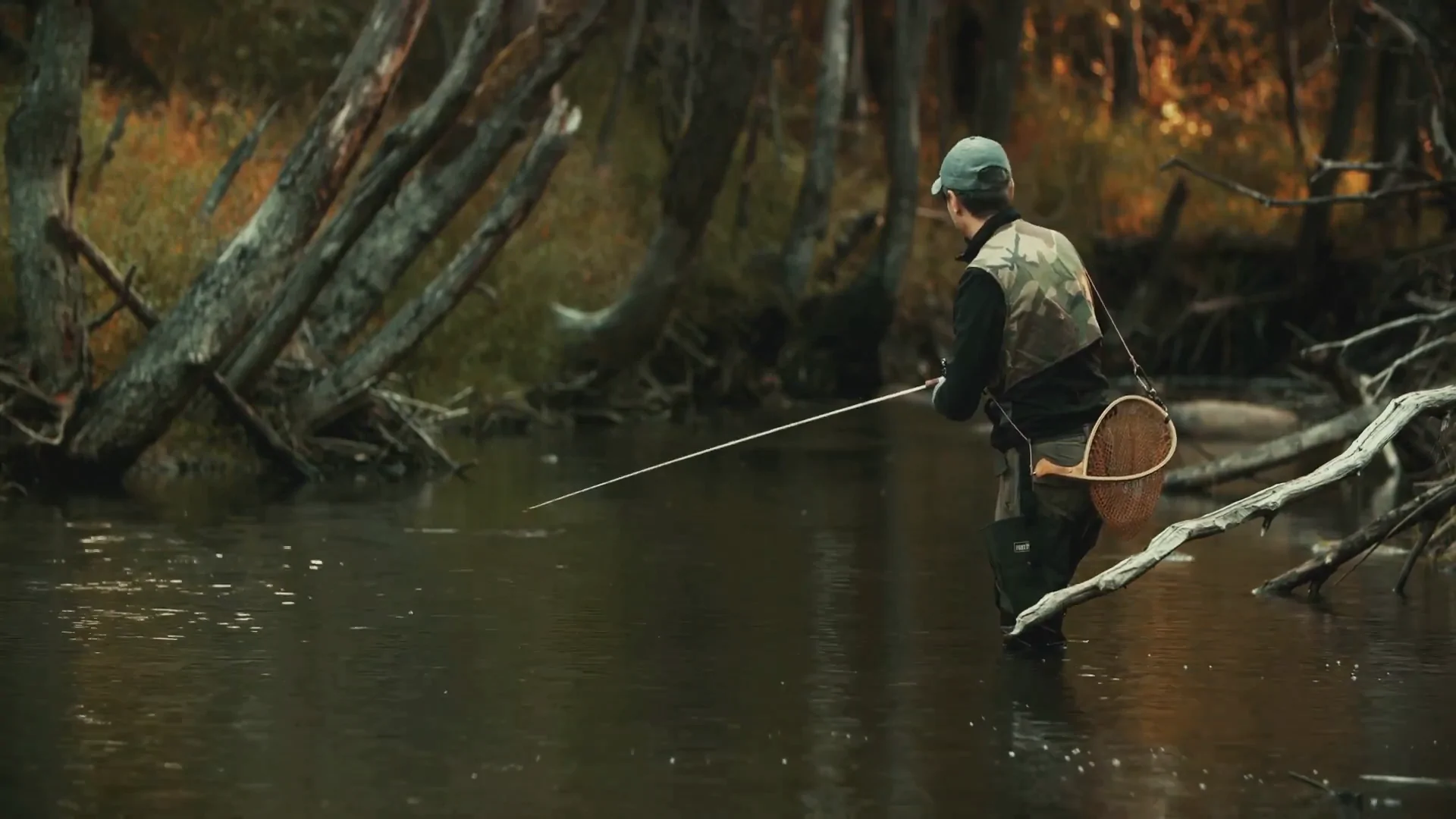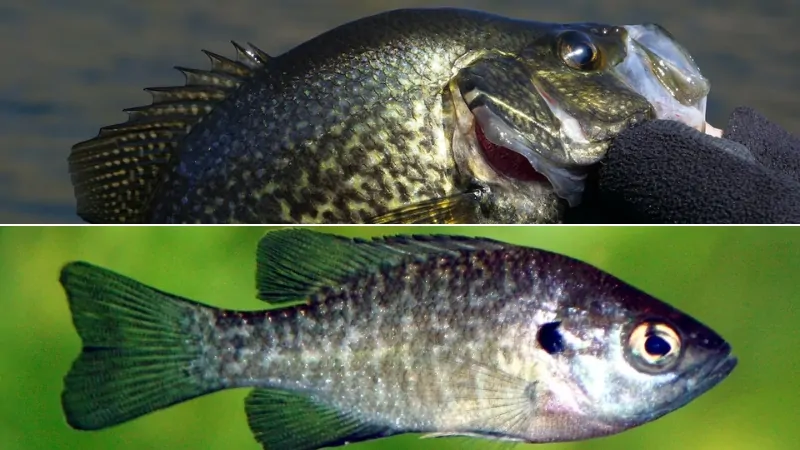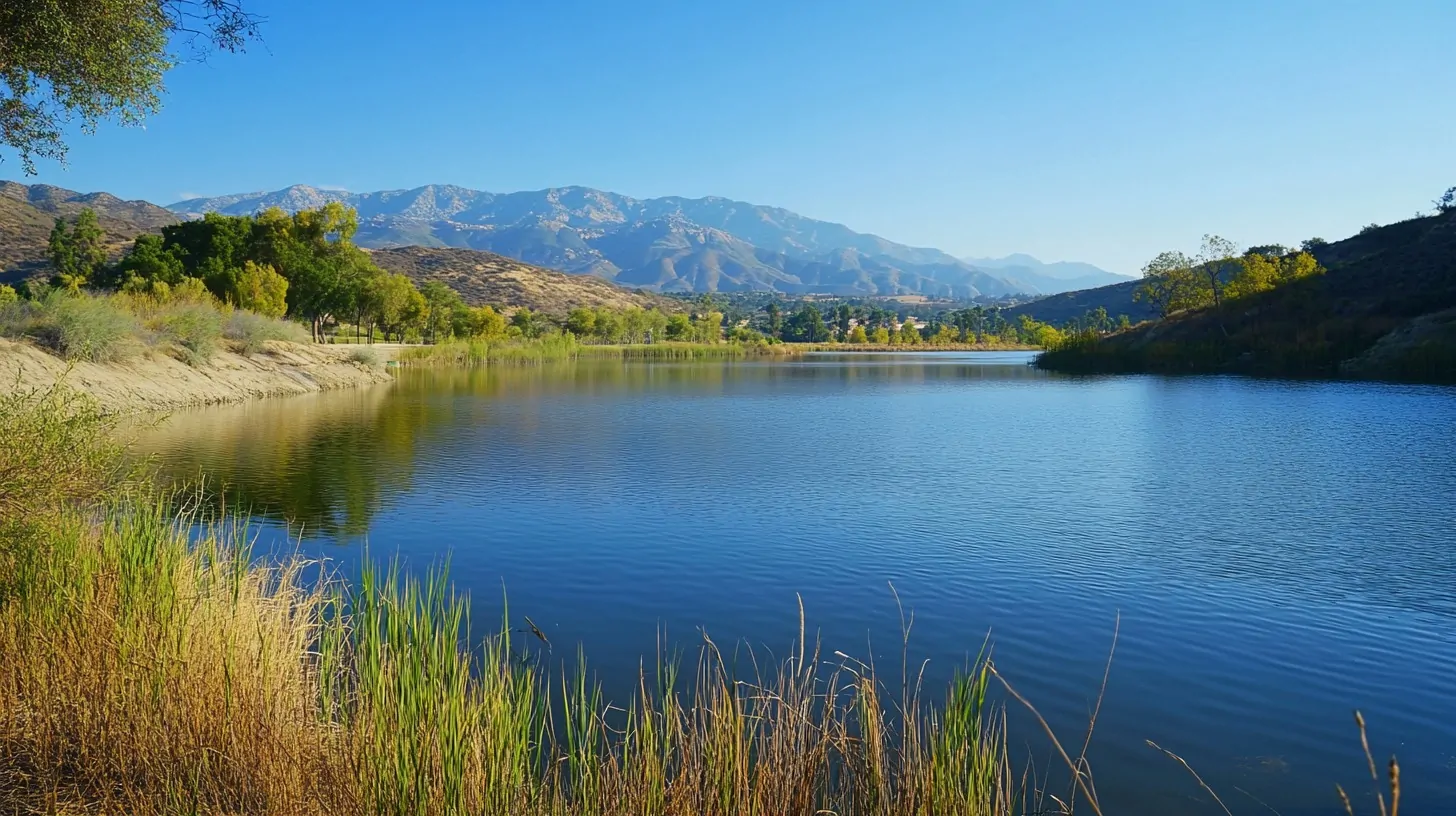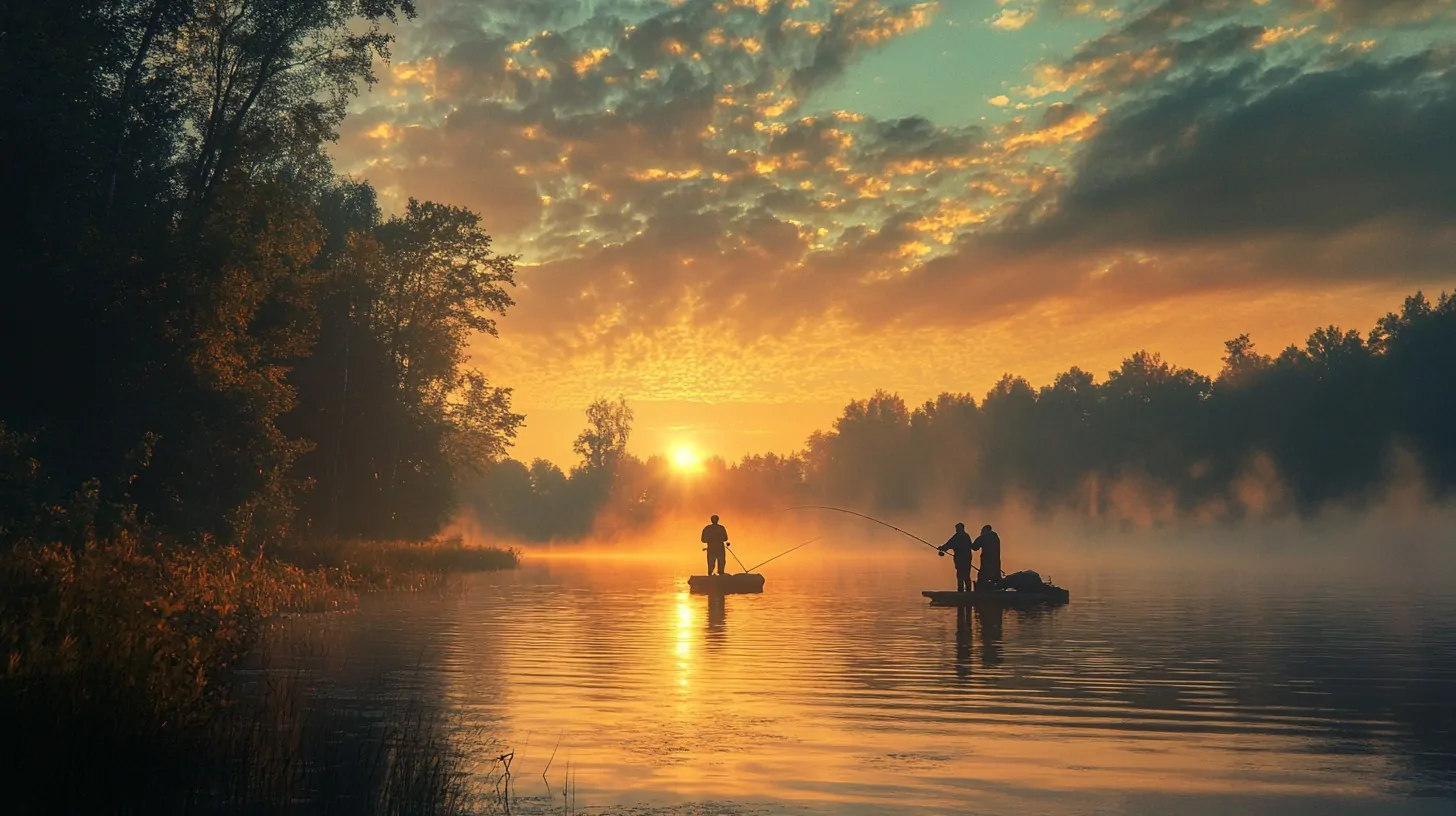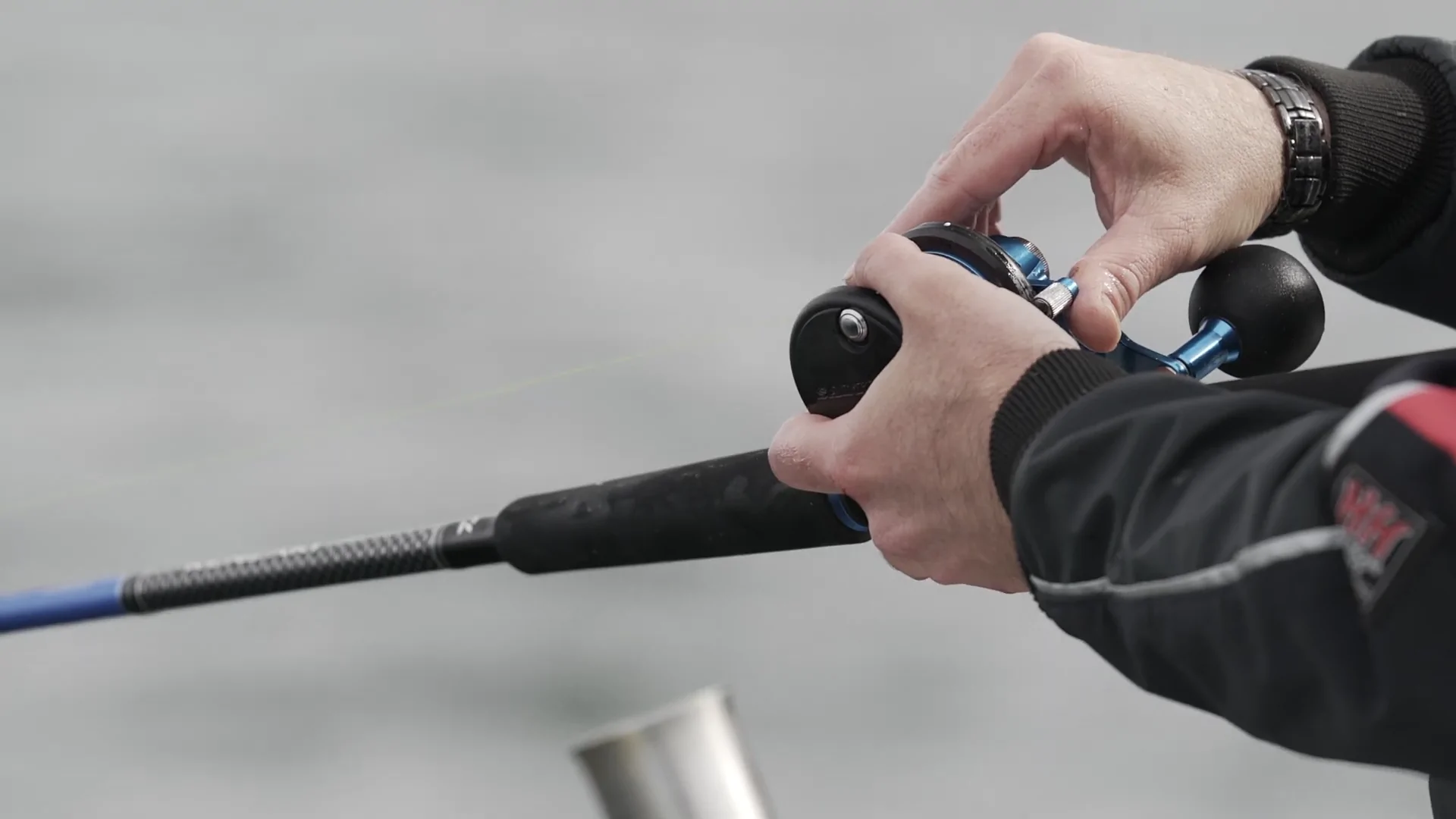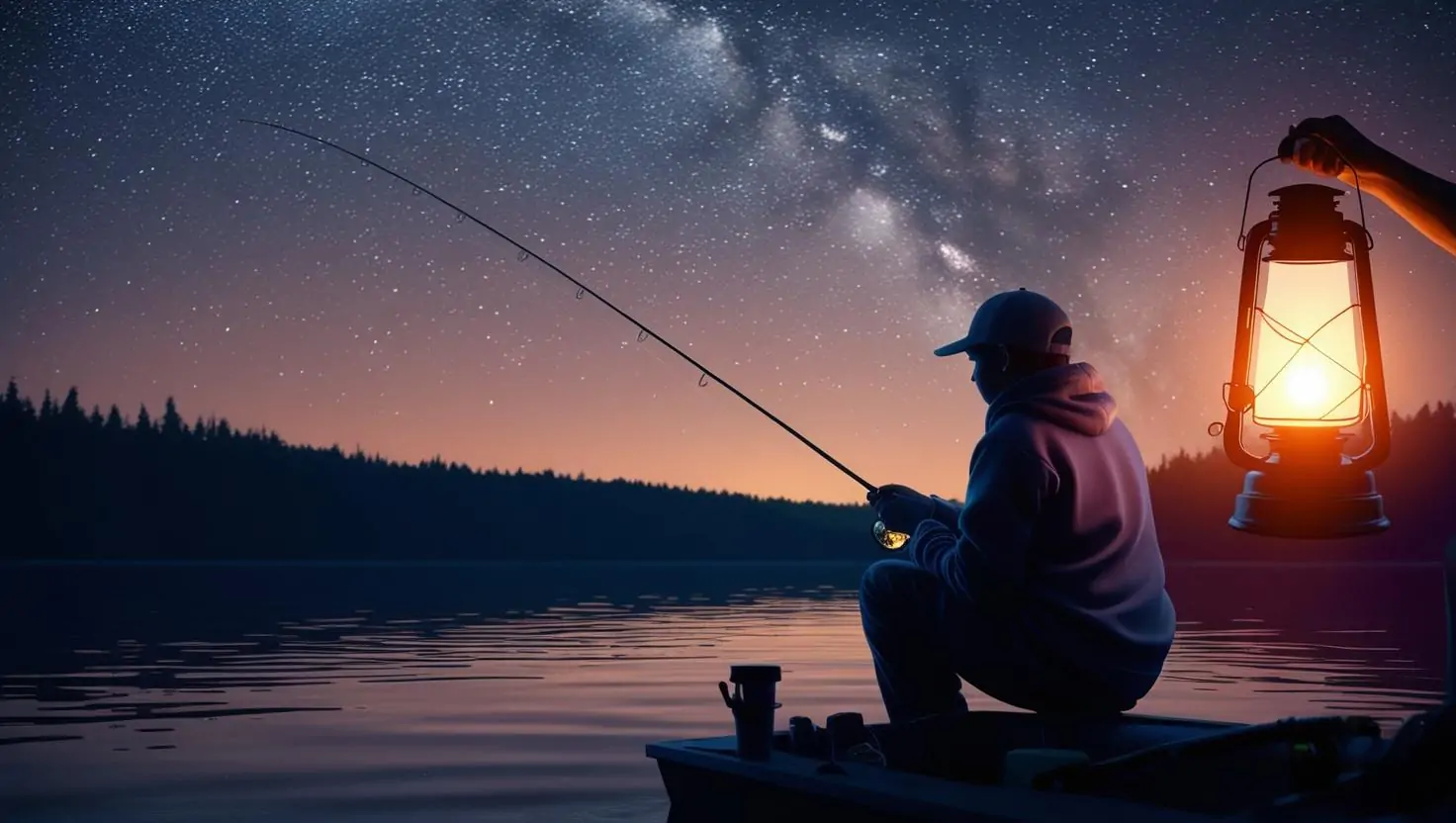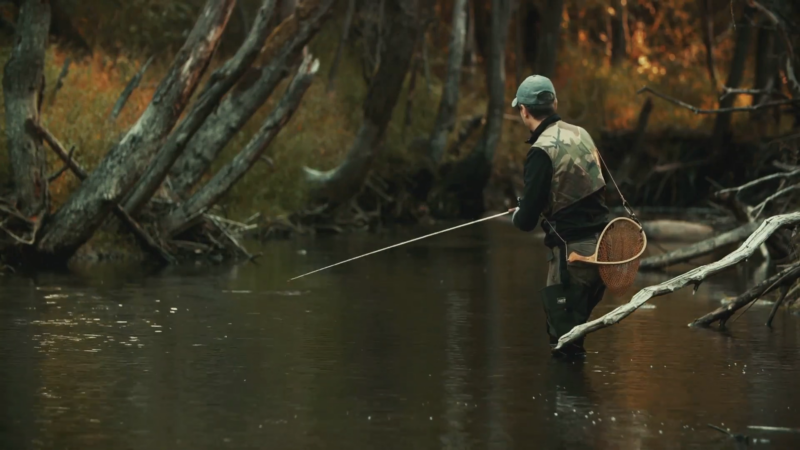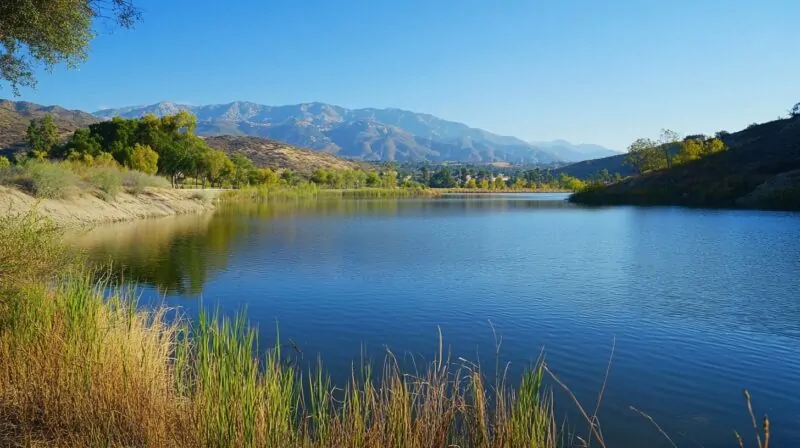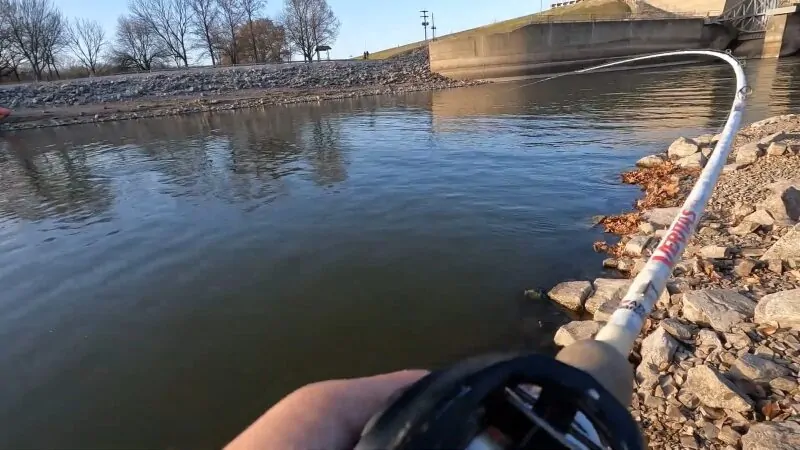
Share Post:
Anglers here can catch a variety of species including catfish, panfish, and bass, making it a versatile destination for fishing enthusiasts.
The lake’s rich aquatic life is supported by regular stocking, with recent additions such as sauger, largemouth bass, and blue catfish.
The daily creel limits and regulations ensure sustainable fishing practices, so it’s important to stay informed.
Seasonal updates from local fishing experts can also provide timely insights on the best spots and techniques.
Knowing where to fish and what methods to use can greatly improve your catch rate.
Table of Contents
ToggleAbout Lake
Created between 1958 and 1967, the lake spans over 26,000 acres, making it the largest man-made lake in Illinois. This expansive body of water offers a variety of fishing environments, from shallow coves to deep channels.
Fish Species
- Catfish: Carlyle Lake is renowned for its catfish population, including channel and blue catfish.
- Bass: Largemouth bass are common, though the lake is still developing a trophy fishery.
- Panfish: Species like bluegill and crappie are plentiful.
- Other Species: Anglers can also catch white bass, freshwater drum, and walleye.
Stocking Information
In 2023, the lake saw significant stocking activities:
Species
Size (inches)
Count
Stocking Date
Sauger
1.3
149,410
5/21/2023
Sauger
1.5
53,743
5/25/2023
Largemouth Bass
1.5
12,765
6/27/2023
Blue Catfish
2.0
9,820
7/04/2023
Water Conditions
Water temperatures typically range in the 70s Fahrenheit during the warmer months, ideal for various fish species. Anglers can expect increased fish activity with warmer water.
Fishing Tips
- Use live bait or lures that mimic local prey.
- Fish during dawn and dusk when fish are most active.
- Consider the wind direction, as it can influence fish locations.
Carlyle Lake offers year-round fishing opportunities, and anglers can benefit from staying up-to-date with local fishing reports for the latest conditions and tips.
- Bird Watching: Carlyle Lake attracts numerous bird species, including migratory birds during certain seasons. Keeping noise levels down can help in observing these magnificent birds.
- Flora: The area around Carlyle Lake is teeming with both native and introduced plant species. Respecting these plants by not trampling or uprooting them is key to preserving local biodiversity.
- Invasive Species: Be aware of invasive species that can upset the lake’s ecosystem. Clean and dry your equipment before moving to other bodies of water to prevent the spread of these species.
- Water Quality: Maintaining water quality is critical. Avoid using harmful chemicals or materials near the water that can lead to pollution. This helps in safeguarding both wildlife and fish habitats.
Choosing the Right Rod and Reel
For general lake fishing, a medium-action rod paired with a spinning reel is often recommended. This combination offers versatility for targeting various fish species, including bass, catfish, and panfish.
A spinning rod is easier to use for beginners and provides the flexibility needed for both casting and retrieving. Baitcasting reels are another option, particularly if you’re aiming for larger fish like northern pike or walleye, as they provide better control and casting accuracy.
When purchasing, pay attention to gear ratio—a higher ratio means faster retrieval, which is useful for certain types of fish.
Selection of Bait and Lures
Live bait such as minnows, worms, and leeches are highly effective and attract a wide range of fish.
For artificial lures, consider the type of fish you’re targeting. Crankbaits, soft plastics, and jigs work well for bass, while spoons and spinners are better for pike and walleye. The choice of colors can also make a difference; bright colors are often successful in murky waters.
Having a well-stocked tackle box that includes a variety of hooks, sinkers, and floats will prepare you for different fishing conditions and fish behaviors.
Navigational Tools and Safety Equipment
A fish finder can be invaluable for identifying underwater structures and fish activity.
GPS devices help in marking hotspots and navigating back to shore.
Safety equipment should not be overlooked. Life jackets are mandatory, and carrying a first-aid kit is always advisable. A whistle or flare can be crucial for signaling in case of emergencies. Additionally, having a weather radio ensures you stay updated on weather conditions to avoid any sudden changes that could impact your trip.
Spring Fishing Strategies
As the water temperature rises, fish become more active in search of food. Focus on shallow areas where fish such as Largemouth Bass and crappies begin to spawn.
Use jigs and soft plastics near submerged structures. Early mornings and late afternoons offer the best chances for bites. Pay attention to water clarity and adjust bait colors; brighter colors work well in murkier water.
Summer Heat Fishing Tips
Aim for the deeper parts of the lake where species like Walleye and Blue Catfish tend to congregate.
Use deep-diving crankbaits and live bait to reach these depths.
Focus on fishing during cooler parts of the day, such as early morning and late evening.
According to fishing reports, surface temperatures around 72°F can increase fish activity, making it an ideal time for targeting various species.
Autumn Transitions
Panfish, Bass, and Catfish become more active, feeding heavily. Concentrate on mid-depths and the edges of drop-offs.
Spinnerbaits and jerkbaits work effectively during this season. Fish are often found near weed lines and submerged structures. The wind can influence fish location, often pushing baitfish and their predators to the windward side of the lake. Utilize this to your advantage.
Winter Fishing Considerations
Winter brings colder weather and lower water temperatures, causing fish to become less active. Many species move to the deepest parts of the lake. Ice fishing becomes a viable option if conditions allow, mainly targeting Panfish and Walleye.
Use small jigs and live minnows for best results. Patience is crucial during this season.
Stocking data shows that recent years have seen good quantities of stocked fish, ensuring winter anglers still have excellent opportunities.
Fishing License Requirements
Licenses can typically be purchased online, at bait shops, or through local government offices. It’s essential to check the expiration date and renew as necessary.
There are various types of licenses, such as day permits for short trips and annual licenses for regular anglers. Cost and availability may also vary based on residency status.
Top Fishing Spots on Carlyle Lake
- Hazlet State Park: Located on the western shore, this spot is popular for shore fishing. There are multiple piers and plenty of shorelines to cast from. Anglers can expect to reel in crappie, largemouth bass, and catfish here. The park also has camping facilities, making it convenient for those looking for a weekend fishing trip.
- Keyesport Area: Found on the east side of the lake, Keyesport is known for its abundant white bass population. It’s a great spot to catch crappie and largemouth bass as well, especially during the spring and fall months when the fish are more active near the shore. The boat ramp here makes it easy to access deeper waters.
- Dam West Recreation Area: This spot is ideal for those targeting largemouth bass, catfish, and crappie. The riprap areas near the dam create a perfect habitat for these species. The fishing pier near the dam is well-known for yielding good catches, especially in the early morning or late afternoon.
- Coles Creek: This northern section of Carlyle Lake is a favorite for catfish anglers. The shallow waters, combined with submerged structures, make it an excellent spot for flathead and channel catfish. The Coles Creek Boat Ramp also offers easy access for boaters aiming to explore the deeper parts of the lake.
- Saddle Dam No. 2: Situated near the southern end of Carlyle Lake, this spot is less crowded but offers excellent fishing for white bass and crappie. It’s a perfect spot if you’re looking for a quieter, more peaceful fishing experience, with fewer boats and anglers around.
Local Fishing Guides and Charters
For those looking to enhance their experience at Carlyle Lake, several local fishing guides and charters offer their expertise and services.
- Precision Fishing Guide Service focuses on crappie and catfish trips. They cover multiple lakes including Carlyle, Vandalia, and Shelbyville. Their website provides details on booking and the various packages available.
- Crappie Predator Guide Service is another notable option. They specialize in crappie fishing and are based in the Rend Lake region. Anglers from across the Midwest seek their services. More information can be found on their Fishmasters page.
- RWL Fishing offers comprehensive guide services at Carlyle Lake. They are well-reviewed for their professionalism and knowledge of local fishing spots. Check out their Facebook page for updates and booking information.
Related Posts:
- Fishing at Sam Parr Lake - Everything You Need to Know
- A Day at Lake Arlington, IL - What You Need to Know
- Illinois Spring Trout Season Kicks Off April 5 -…
- Getting Started with Fishing in Illinois - What…
- How Do You Fish for Sauger? Top 10 Techniques and Tips
- Irvine Lake Fishing Guide - Tips, Regulations, and…



